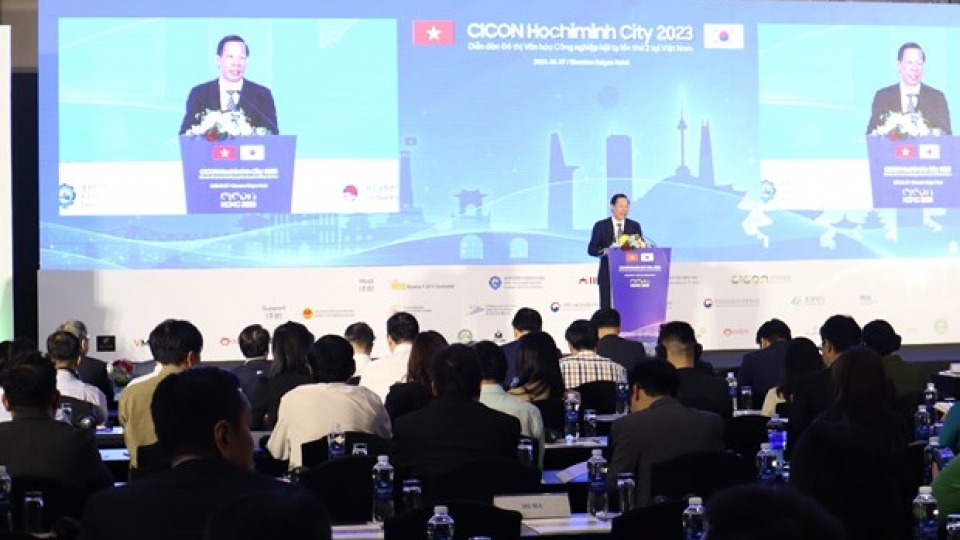Minister urges priority to citizen-centric smart city development
Vietnam must place citizens at the heart of its smart urban development while advancing resources and mechanisms for the effort, Minister of Construction Tran Hong Minh told the June 13 conference reviewing the Vietnam’s sustainable smart urban development scheme for 2018–2025, with a vision to 2030.

The event, co-hosted by the Ministry of Construction (MoC) and the Ministry of Science and Technology (MoST) in Hanoi, assessed progress since the Prime Minister’s 2018 decision to launch the scheme. Minh noted that, nearly seven years later, it has yielded encouraging results.
Tran Quoc Thai, Director General of the MoC’s Urban Development Agency, highlighted flexible and innovative approaches in Thua Thien-Hue, Binh Duong, Da Nang, Quang Ninh, and Ho Chi Minh City. They are rolling out Intelligent Operations Centres (IOCs), geographic information system (GIS)-based data platforms, and enhyancing healthcare, education, transportation, water supply, public lighting, and online public services for citizens.
Smart urban projects have delivered measurable societal benefits. For residents, they provide access to smart utilities and transparent data on planning, healthcare, transport, and education. Businesses gain from efficient, transparent investment opportunities enabled by open data and innovation-friendly policies. For the State, smart systems enhance management efficiency, accelerate decision-making, and improve accuracy, Thai said.
Challenges persist, however, including gaps in data availability, skilled labour shortages, and incomplete regulatory frameworks. Private sector involvement and experience-sharing remain limited, with most projects stuck in pilot phases. Vietnam’s two-tier local governance model further complicates the process, Thai added.
Looking to 2025–2030, the MoC outlined seven priority solutions: refining legal frameworks; finalising models, system architectures, technologies, infrastructure, standards, and regulations; building shared urban databases; ensuring citizen-focused services and public involvement in governance and policy feedback; expanding international cooperation and pooling external resources; strengthening public-private partnerships; and improving mechanisms to attract public investment.
Dinh Hoang Long from the MoST’s National Digital Transformation Department stressed the need for a Government decree on smart city management to clarify roles, responsibilities, and investment mechanisms, including public-private partnerships and controlled “sandbox” trials.
Long advocated for standardised provincial IOCs built on a unified national digital platform, rather than fragmented software solutions, suggesting that a few major Vietnamese tech companies take the lead to drive competition and quality.
He called for a new national smart city strategy, building on the current scheme’s outcomes with a clear path from pilot projects to nationwide scaling. As an example, Long proposed piloting digital twin technology in wards and communes of six centrally-run cities in 2025 to test simulation and forecasting capabilities, with lessons to inform broader adoption from 2026.



